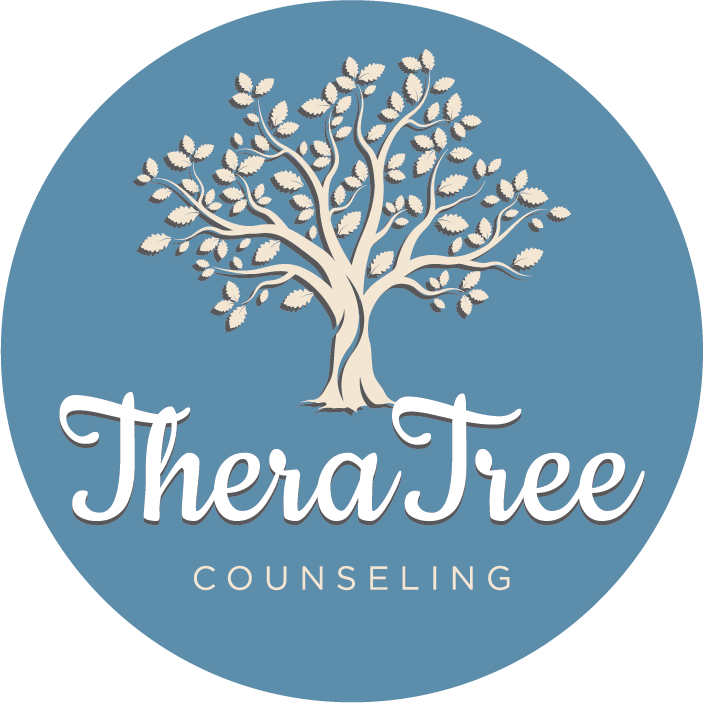Healing from Childhood Sexual Abuse
It is common for survivors of childhood sexual abuse to repress memories of the abuse until later in life. When these memories do resurface, it can be extremely unsettling and upend the years you forgot in order to cope. The life you thought you had up until this point was not what it seemed. Not only that, but something horrific happened. The knowledge of what happened and the shame connected with the abuse can feel almost unbearable, leading to spiraling into destructive coping mechanisms like disordered eating, addiction, and self harm.
Here I want to share just some of the wonderful healing tools out there that may be helpful at different points in your healing journey. Healing does not happen overnight - no matter how hard you work on your recovery, you cannot fast track it. You can’t push healing. Another analogy is a cut, a flesh wound. Thinking really hard or working really hard will not make the cut heal faster. However, if you treat your cut right - clean it, put antiseptic and a bandaid on it - your body already knows how and will heal it with time. This is a marathon and not a sprint. Maybe you might be ready for some of these healing tools now and others you can try out later. Be gentle with yourself.
Therapy. It is important for survivors to be in individual therapy, particularly early in recovery. Inpatient or outpatient treatment for addiction or disordered eating may also be needed. Therapy might include regular talk therapy or other methods like Somatic Experiencing, Internal Family Systems, Eye Movement Desensitization, or Neurofeedback.
Courage to Heal. When working with a counselor or on your own, consider using the Courage to Heal book and workbook. This is an excellent resource that was developed specifically for survivors of childhood sexual abuse and covers topics such as dealing wtih difficult family relationships, coping skills, telling your story, and much more.
Spirituality. I really believe that healing is a spiritual process, regardless of your religious beliefs or lack thereof. There is something mysterious and miraculous about healing. You won’t wake up one day and suddenly be healed, but you might look back and realize you are absolutely not where you used to be. Particularly when dealing with deep trauma recovery, like childhood sexual abuse, finding meaning and discovering the gifts even in the pain is an important part of the process. Connecting with spirituality, in whatever way you do that, can not only help you cope with pain and difficulty, but spirituality can also help you tap into meaning making.
Support groups. Because the trauma happened in a relationship, your healing also has to happen in healthy relationships with other people. Yes, going to individual therapy is part of this, but nothing can compare to spending time with people who intimately understand what you are going through because they are where you are. If you are on the front range of Colorado, I highly recommend getting involved in a WINGS Foundation support group so that you can heal alongside other survivors of childhood sexual abuse.
Yoga. Because the trauma happened in the body, many survivors become very disconnected from their body and may even have a hostile relationship with their body. An important part of healing from childhood sexual abuse is learning to connect with and feel safe in your body again. Yoga and other types of mindful movement can be invaluable in this process of coming home to your body.
Massage/Bodywork. Similarly to yoga, trauma-informed massage or other types of bodywork can really assist in connecting with your body and creating safe spaces for your body to heal.
Art/Journaling. Writing and art can be an incredible way to externalize your pain in a way that is more manageable. It can also help you think through and process what happened and what you are currently going through from an objective viewpoint. You might consider writing a letter to your perpetrator or to your younger self. You don’t necessarily need to send the letter, just write to get out all the stuff in your mind and heart that you need to say to this person. Maybe write the story of your abuse and your healing. Similarly to journaling, you can also draw, paint, or collage your story or your emotions.
While healing from sexual abuse is a long journey and the battle is certainly not won overnight, growth and recovery are absolutely possible. You can not only cope with the negative impacts on your life, but you can move forward as a stronger, more amazing person. I have witnessed it over and over again.
